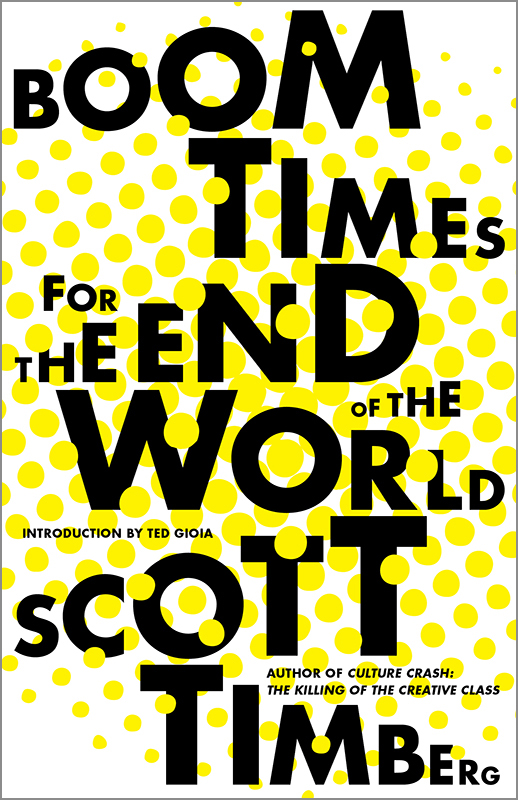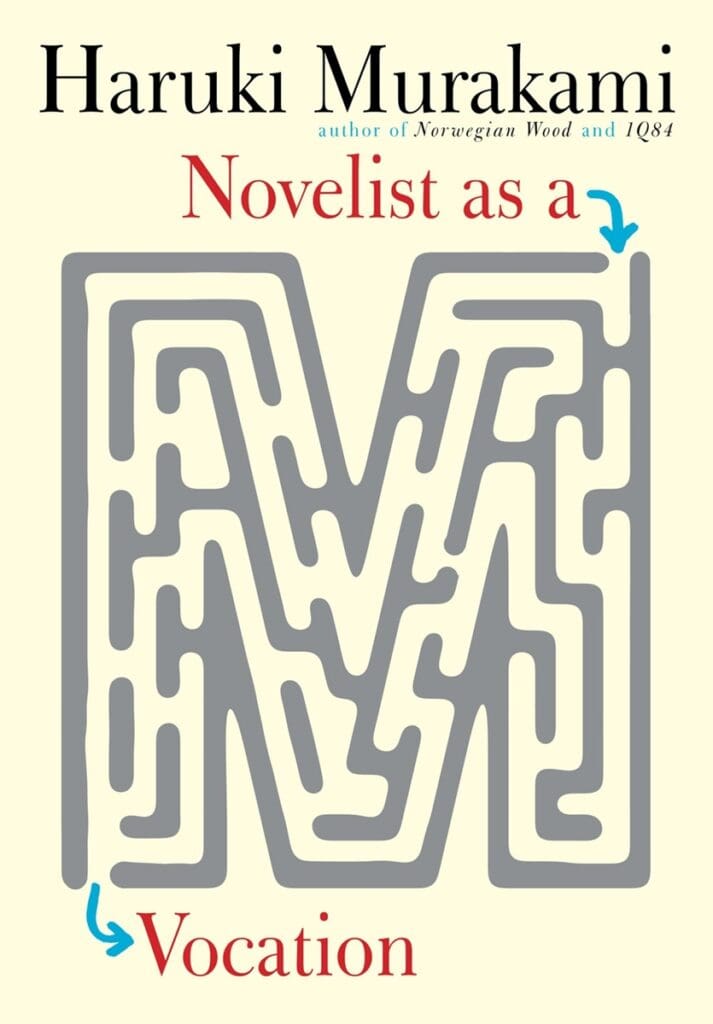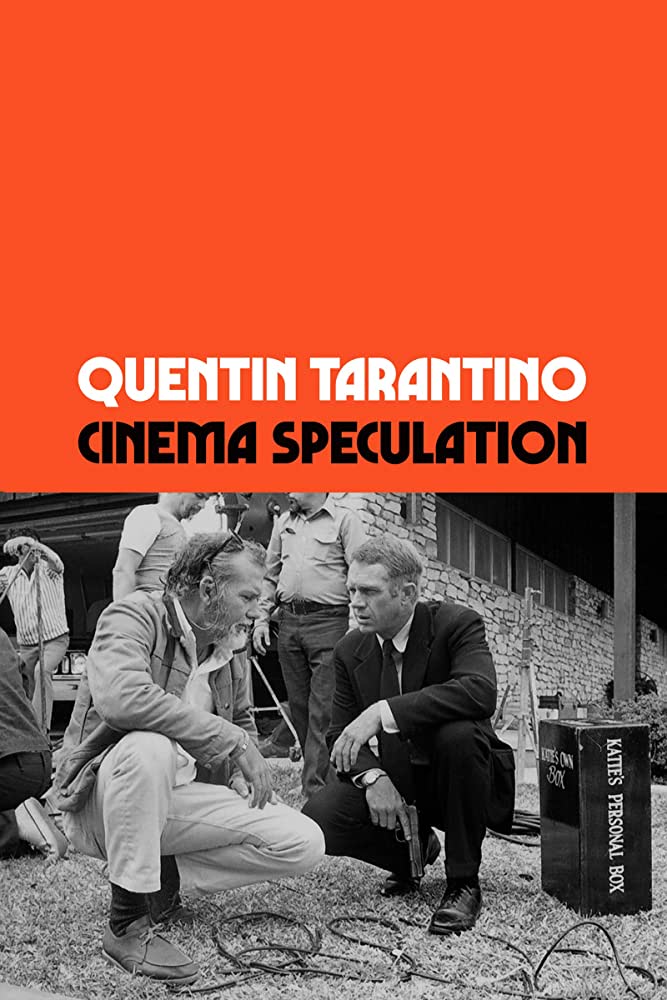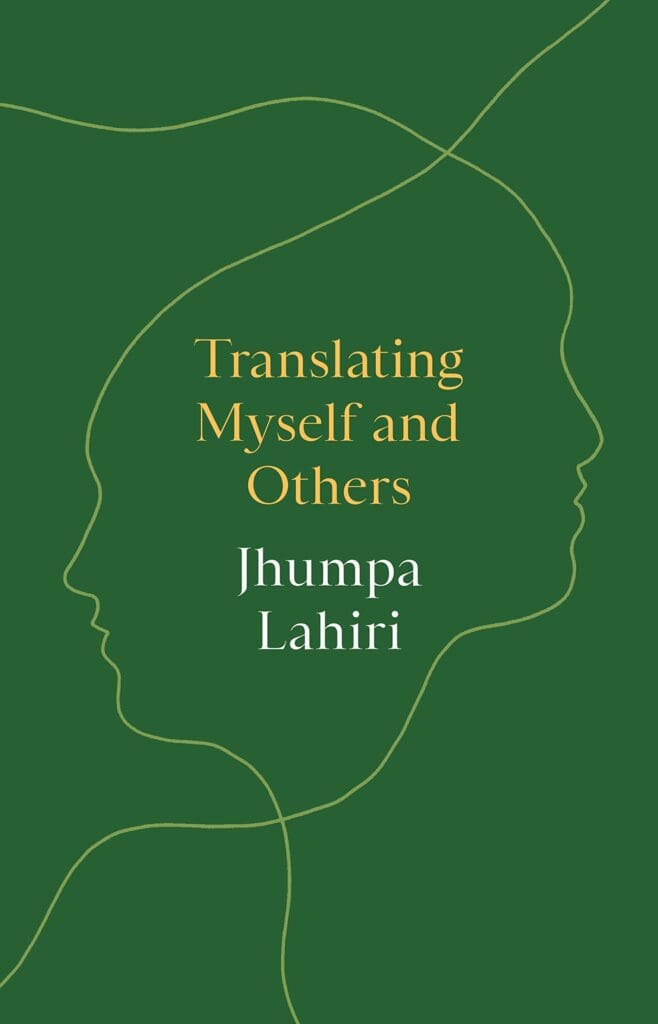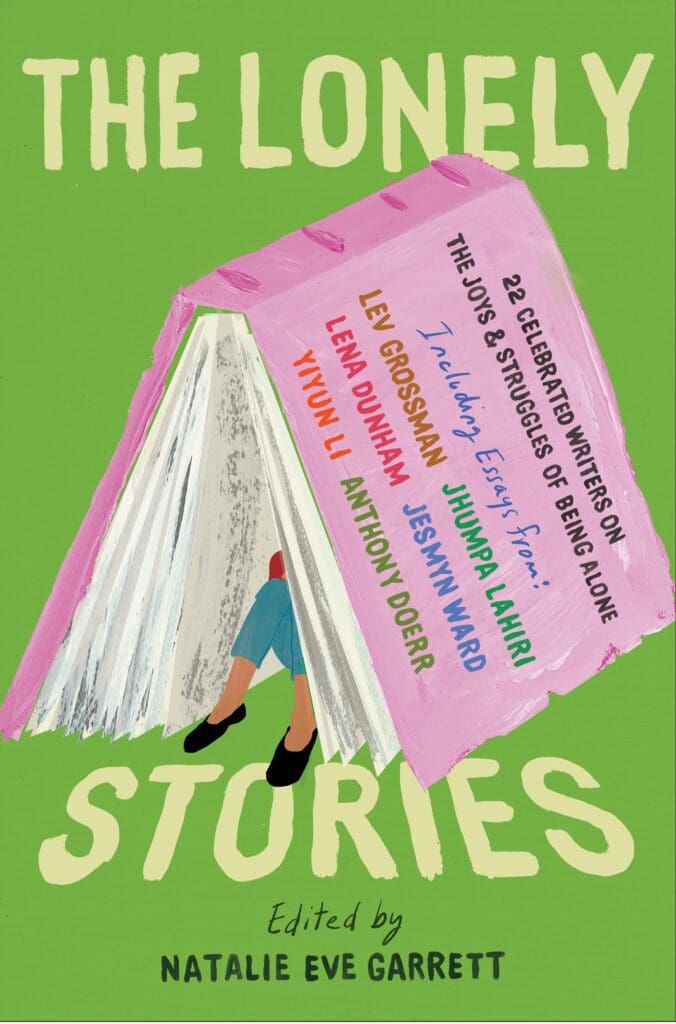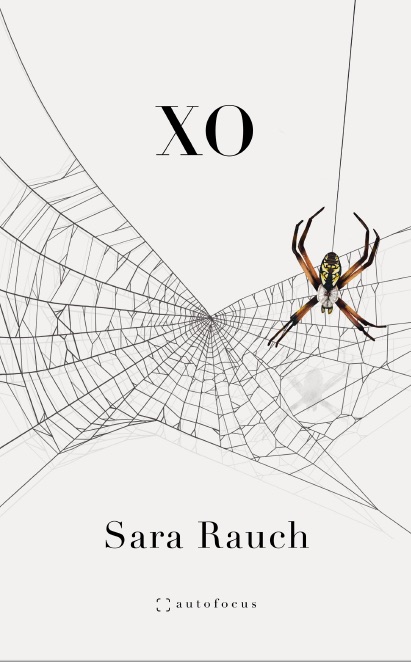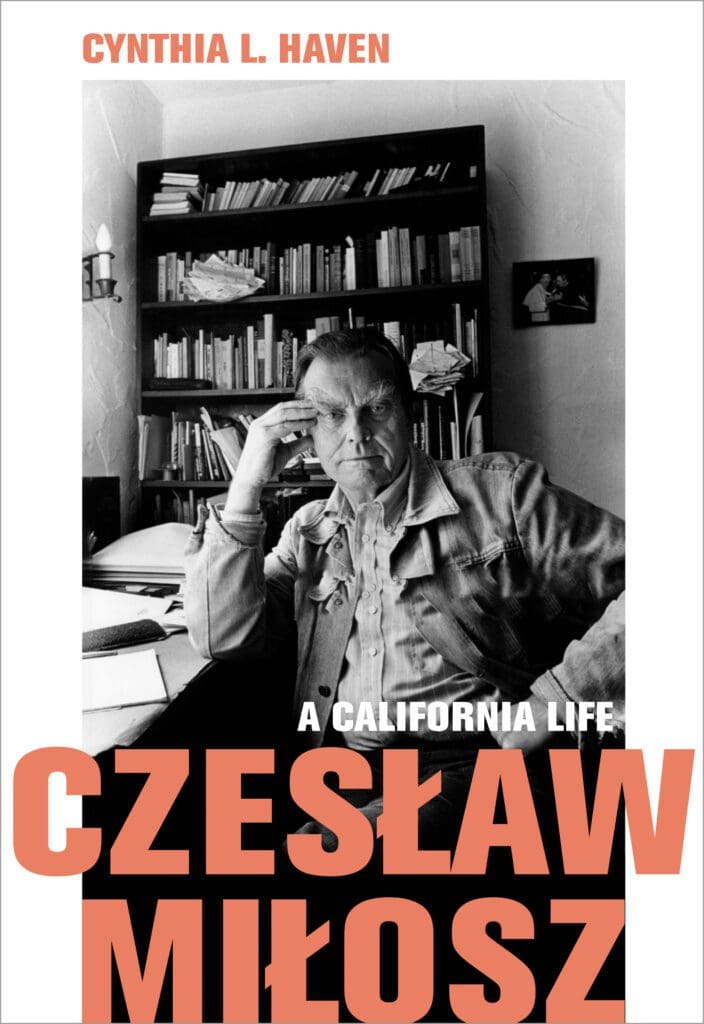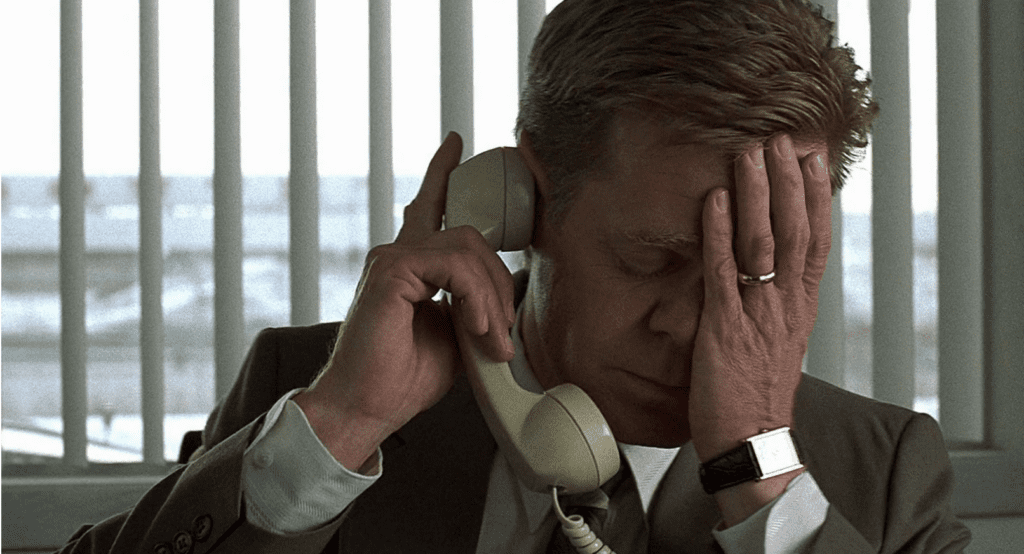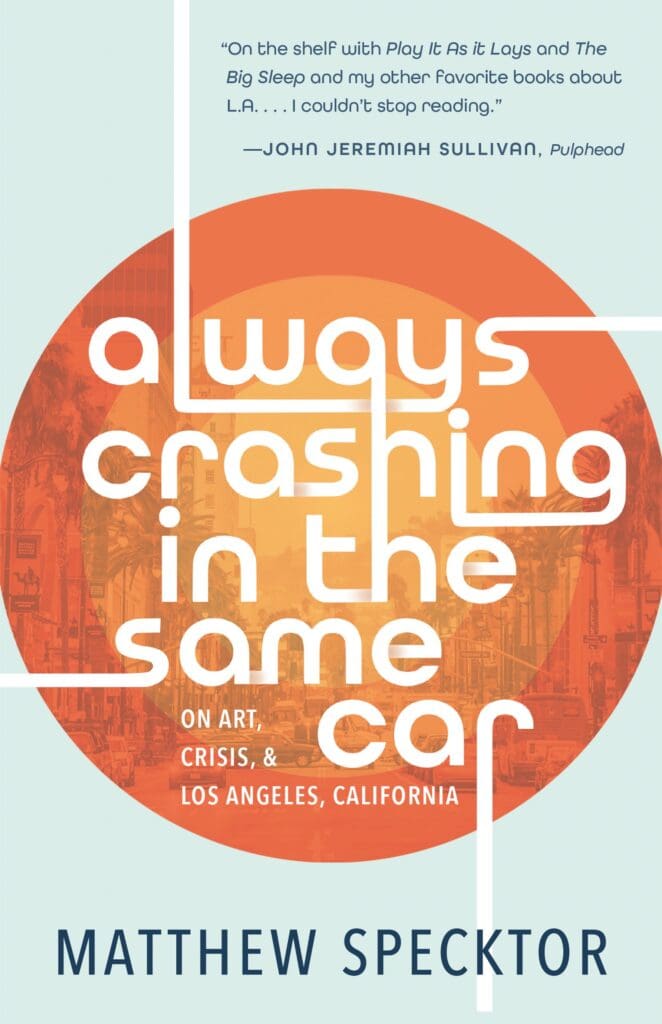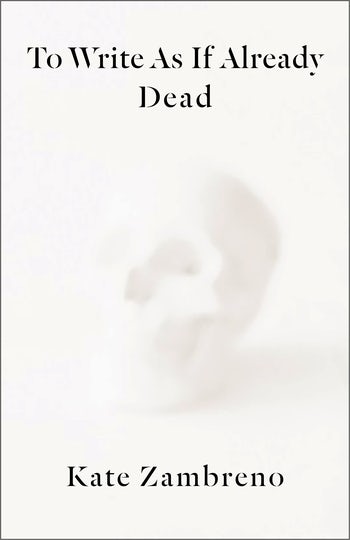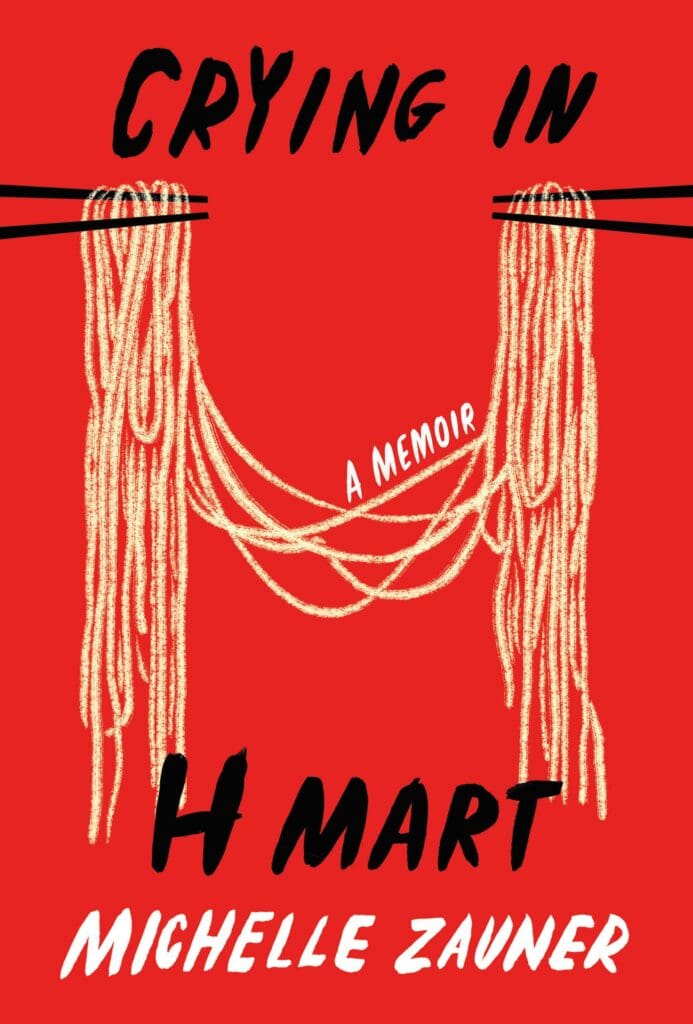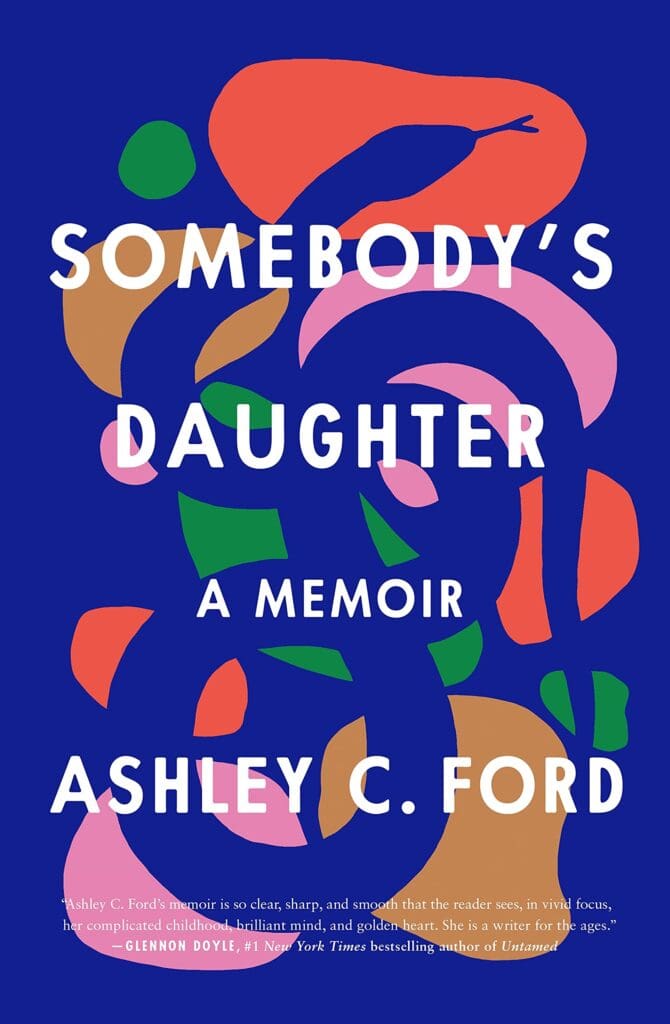Value is everything. You can tell a lot about a society by what it values. In America, things that move tenaciously with the bravura of a cha-ching—like buildings, prescription pills, and personal data—are big business, practically a national pastime. But what about the arts? The arts are trickier. Art is messy, it’s too human, and by virtue of provoking thought and reflection, too ambiguous (although the market for fine art makes capital use of ambiguity). How do you judge art? What’s it worth? What does it mean? Where’s it from? Who cares? Scott Timberg, former arts reporter for the Los […]
L.A. stories: ‘Boom Times for the End of the World,’ by Scott Timberg
by Marius Sosnowski
